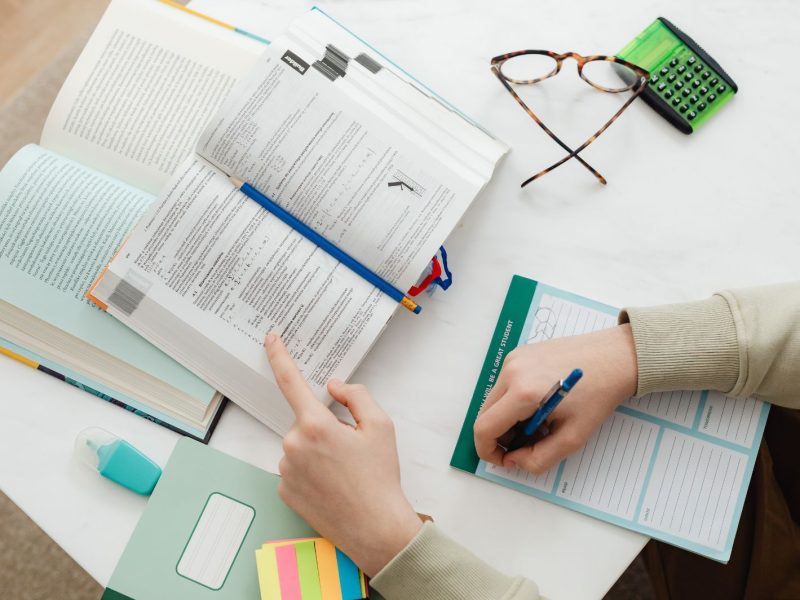Have you ever wondered why some days you’re on fire with new words and phrases, while on others, it feels like you’re hitting a brick wall? Well, let us introduce you to the fascinating concept of the Kahen theory and its impact on language learning.
From battling anxiety to riding the waves of motivation, this invisible barrier can make or break our language adventures. In this article, we’ll dive into how affective filter shapes our learning journey. So, grab your favorite beverage, cozy up, and let’s explore how understanding this filter can unlock new doors in your language quest!
Table of Contents
Self-Confidence
Believing in ourselves is super important for learning languages. When we feel sure of ourselves, it’s like lowering that barrier, which helps us take on challenges and really get into learning.
Motivation
Wanting to learn is a big push for language learning. When we’re motivated, it’s like that barrier gets smaller, making it easier to learn and practice. It’s like having a strong wind at our back, pushing us forward towards our language goals.
Different things can motivate us, like if we’re interested in the language or if we see how it can help us in life. So, find what sparks your motivation and let it drive you forward on your language-learning journey!
Anxiety and Stress
Emotions affect language learning, especially worry and stress. It’s like having a big barrier that blocks new language information. When we’re too anxious, it’s tough to focus and understand. It’s like trying to listen to someone speaking while there’s a loud noise in the background – the words get lost in the chaos.
Attitude Towards Learning
Feeling positive about learning languages makes a big difference. When we’re excited and curious about learning, it’s like we’re lowering that barrier and getting ready to tackle new things. It’s like having a bright, sunny day that makes everything seem easier and more enjoyable. Creating a fun and supportive environment helps us stay positive.
Cultural Factors
Where we’re from and our culture can change how we learn languages. Knowing and respecting these differences helps with learning. It’s like a big family gathering where everyone brings their special dishes – diversity makes it better for everyone. So, by understanding each other’s backgrounds, we can make a friendly place where everyone wants to learn.
Classroom Environment
The way our classroom feels can really impact how we learn. When it’s a friendly and welcoming place, it’s like that barrier disappears, making it easier to learn and enjoy the process. It’s like walking into a cozy room where you feel comfortable and supported.
Teachers play a big role in making classrooms feel this way. They’re like the captains of a ship, steering us towards success with their encouragement and guidance. So, let’s appreciate the efforts of our teachers in creating such positive learning environments!
Overcoming Language Learning Challenges with Affective Filter
The affective filter plays a pivotal role in language learning, shaping learners’ experiences and outcomes. By understanding its impacts and implications, educators can better support learners on their language learning journey.
Addressing factors such as the ones listed above can help create an optimal learning environment conducive to language acquisition. As we continue to explore the complexities of language learning, acknowledging and addressing the affective filter remains essential for empowering learners to reach their full potential.
Looking for more insights? Explore the rest of our blog for more great content!



